The problem with today’s job market is not the lack of open jobs, but lack of available talent. The Bureau of Labor Statistics reported that January closed with 6.9 million job openings. As the talent pool is shrinking, businesses are having a difficult time finding qualified, high caliber talent to fill lucrative roles. With this shortage, businesses are turning to recruiting firms for help. Recruiters are focused on finding the best candidates and can provide several benefits to a job fill. Recruiters ultimately save time, increase productivity and efficiency, have the ability to access passive talent, are fully transparent, and understand how to market companies.
1. Time Savings
An average hiring manager may only be able to
set aside 1 to 2 hours a day to review resumes. Recruiters, on the other hand,
devote their entire 9 to 5 – and then some – to comb through candidate skills,
backgrounds, evaluate market trends, and ultimately build long lasting
professional relationships. They have pipelines to build from, along with a
readily accessible network to quickly find qualified candidates. Recruiters are
dedicated to building relationships with industry leaders and market experts
and offer unparalleled access to market conditions when it comes to salary
negotiation. This cuts out the bargaining and guessing games and takes clients
right to the numbers and hard skills. Recruiters have the confidential “in” on
who is looking to make a move. Filling a position can be time consuming, but
recruiters are willing to do what it takes to find the perfect candidate.
2. Increased Productivity & Efficiency
Talent acquisition and HR departments typically have many job openings to work on simultaneously, often nationwide. Utilizing a recruiting firm will alleviate the stress in filling time sensitive positions while saving companies money. NPA World Wide stated that companies on average are losing more than $18,000 per month while a position remains open. If you consider that profitable companies’ employees generate 3 to 5 times their annual salary in value, a position at $70,000 could be throwing $29,000 out the window in just a month! This adds up, and 60% of employers admit to being very concerned with the cost of unfilled positions. In this case, time may very well be money. Businesses can’t afford to lose this time.
These numbers don’t even consider the on-the-clock time that a hiring manager may be using in the talent search. It’s typical for employers to sort through submitted job applications for openings and reach out to potential candidates themselves. However, in the hiring process, the average job opening attracts 250 resumes. What hiring manager has the time of day to sort through 250 resumes? How much productivity is a company losing over posting jobs themselves, and having their head sales management or engineering director read CVs? Blue Signal recruiters take the time to submit candidates with the right background, skill set, and experience employers are specifically looking for, without wasting anyone’s time.
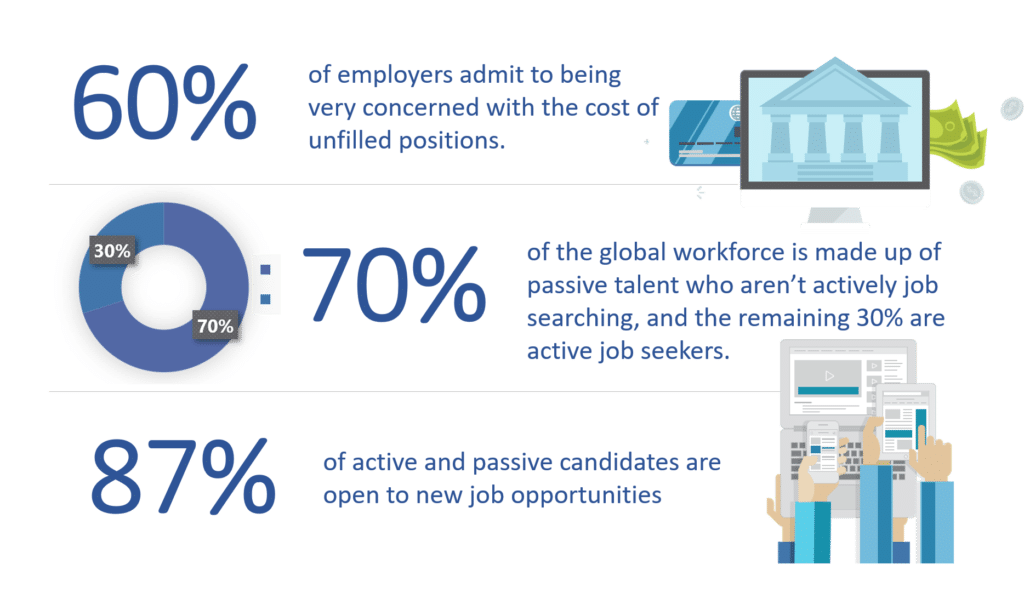
3. Ability to Access Passive Talent
According to LinkedIn, 70% of the global
workforce is made up of professionals who aren’t actively job searching and 87%
of the passive talent are open to new opportunities. This means the ideal fit
is likely in a job today.
How does a company have an appropriate, confidential way to approach these happily employed candidates?
A third-party recruiter!
Through training, knowledge, and expertise, recruiters have access to top talent that businesses cannot find on their own - whether a candidate is actively looking or not. Blue Signal recruiters have their own talent pools to draw from and act as a bridge to connect with otherwise inaccessible talent. Our recruiters can devote industry leading teams to fill high priority roles fast. Through extensive sourcing and research, a list of highly qualified candidates in the industry can be found instantaneously. Keep in mind, the best candidates are usually off the market within 10 days, so when a recruiter finds a candidate with the perfect experience and skill set, it’s important to interview fast.

4. Full Transparency
Studies show that 66% of candidates believe interactions with employees
are the best way to get insight into a company. Rather than have them skim your
Glassdoor reviews (which can be incomplete and biased), let recruiters get the
inside scoop right from the source. When trying to fill a position, recruiters
provide all the essential information to their candidates. It’s important to be
transparent and inform candidates about the opportunity they are looking to
pursue. Blue Signal recruiters set themselves apart by providing detailed job
descriptions, company history, culture, financial statistics, and even
leadership within the company to help ensure the candidate is a cultural match
as well as a talent match. Providing this information helps the candidate
through the entire process and if selected for an interview, they will already
have the information they need at hand.
Along with being fully transparent, recruiters
are a partner throughout the entire hiring process. Beginning with submitting a
candidate, to scheduling an interview, and being offered the position, a
recruiter’s work is far from done when an offer letter is signed. They continue
to check in with the candidate to ensure a successful hire was made – both for
themselves and the company.
5. Understanding of How to Market Companies
According to LinkedIn, the #1 reason candidates change jobs is career opportunity, followed by company culture and growth. Blue Signal takes pride in only partnering with companies that value their employees by offering great culture and career growth opportunities. Recruiters know what candidates are looking for by staying in communication, building a relationship and being transparent throughout the process. They have the inside scoop and go the extra mile to sell a candidate.

Once you partner with Blue Signal, our recruiters use many resources to locate your ideal hire. This includes our sales team, marketing team, internal database, and extensive referral network. Before reaching out to candidates, our recruiters conduct their own research about the company and the job itself in order to describe the opportunity best. They are able to draw from Blue Signal’s values and strong history of success to best market the position to stand out from the competition. This is good news for the right company, too! That means that they want to grow alongside the organization just as much as the organization wants to utilize their skills to grow themselves.
Blue Signal is here to help.
There are hundreds of recruiting firms to choose
from, but Blue Signal operates the most efficient and effective way. Our
recruiters are dedicated to finding the high caliber talent your organization wants
and needs and specializes in placing candidates within your industry. Through
our extensive search process, we can provide top talent candidates. Contact us
today for a free consultation. (480) 939-3200



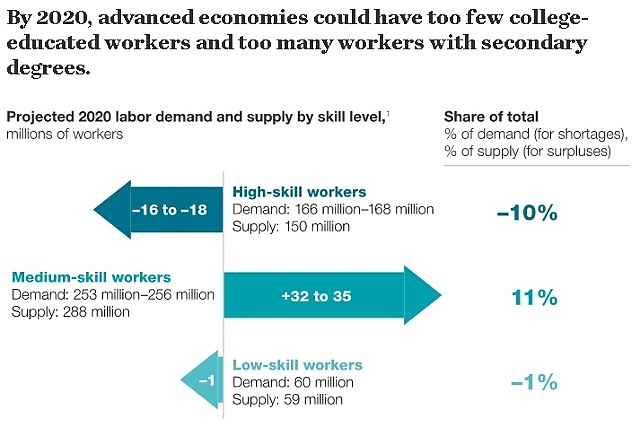
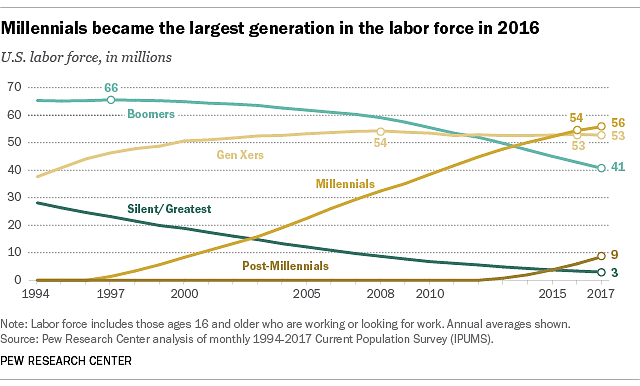

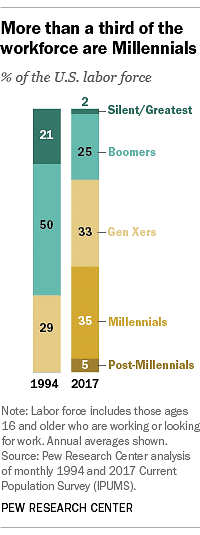 Research states that, “49% of 18- to 29 year-olds hold the view that the next generation will be worse off, while 61% of Americans aged 50 and over believe the next generation will be worse off.”
Research states that, “49% of 18- to 29 year-olds hold the view that the next generation will be worse off, while 61% of Americans aged 50 and over believe the next generation will be worse off.”
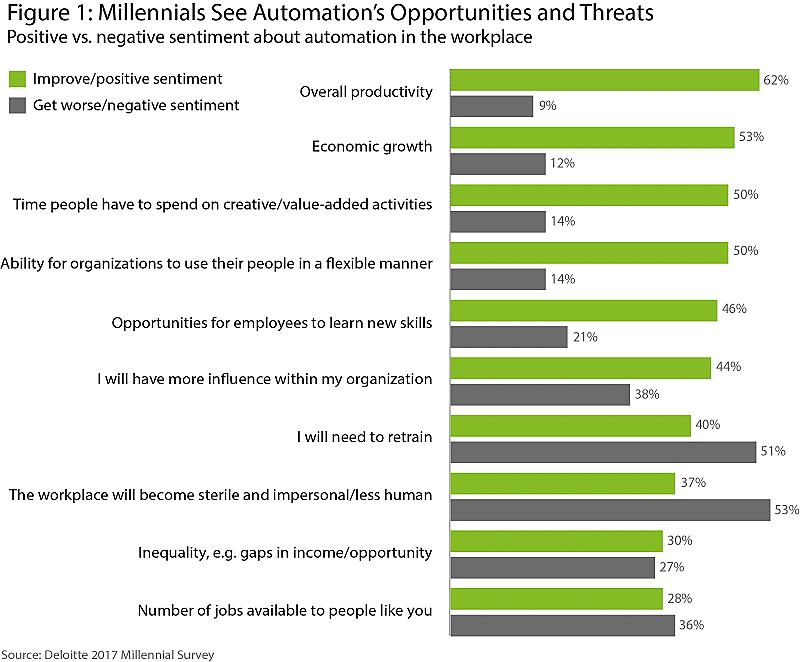
 Who is driving?
Who is driving? 
 When employees come up with new ideas and find new ways of doing things, it is a sure sign that they have good motivation and are engaged in their jobs. A quick way to kill that motivation is to gloss over their ideas. Even if the idea is totally unworkable, enthusiastic acknowledgement of their effort is critical.
When employees come up with new ideas and find new ways of doing things, it is a sure sign that they have good motivation and are engaged in their jobs. A quick way to kill that motivation is to gloss over their ideas. Even if the idea is totally unworkable, enthusiastic acknowledgement of their effort is critical.

 It’s a good investment of time.
It’s a good investment of time.

 Many departments struggle to quantify their ROI. Not sales! Salespeople are fortunate to have easy access to the impact they have had on their company’s bottom line. Most companies publish regular reports showing rankings, quotas, revenue, and other metrics. This is a key advantage because it is direct proof of success.
Many departments struggle to quantify their ROI. Not sales! Salespeople are fortunate to have easy access to the impact they have had on their company’s bottom line. Most companies publish regular reports showing rankings, quotas, revenue, and other metrics. This is a key advantage because it is direct proof of success. Top salespeople have to be big-picture and detail-oriented at the same time. When it comes to closing high-profile deals, they need to anticipate a prospect’s objections and overcome them with solid, compelling data. The same rule applies in an interview.
Top salespeople have to be big-picture and detail-oriented at the same time. When it comes to closing high-profile deals, they need to anticipate a prospect’s objections and overcome them with solid, compelling data. The same rule applies in an interview.
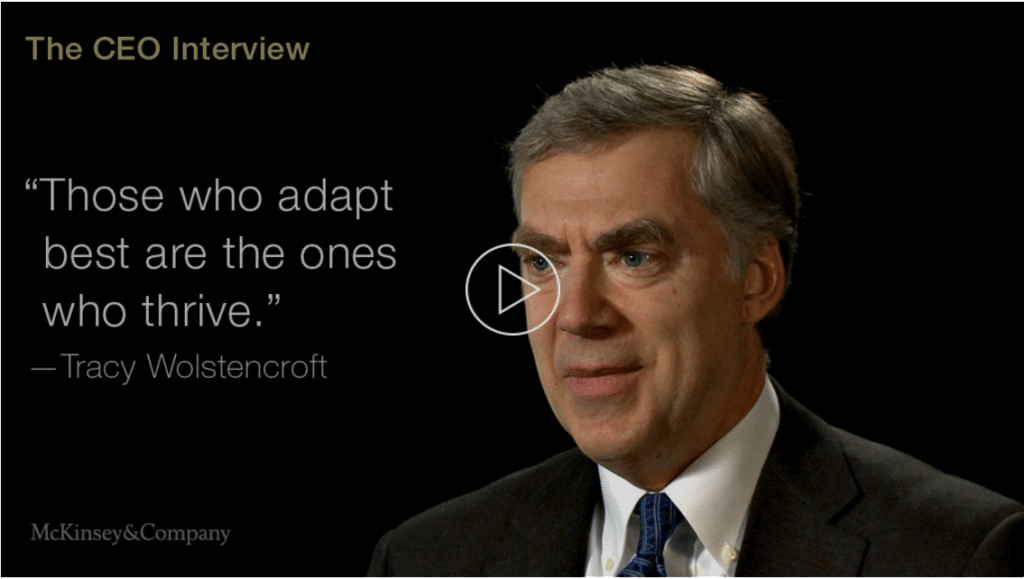

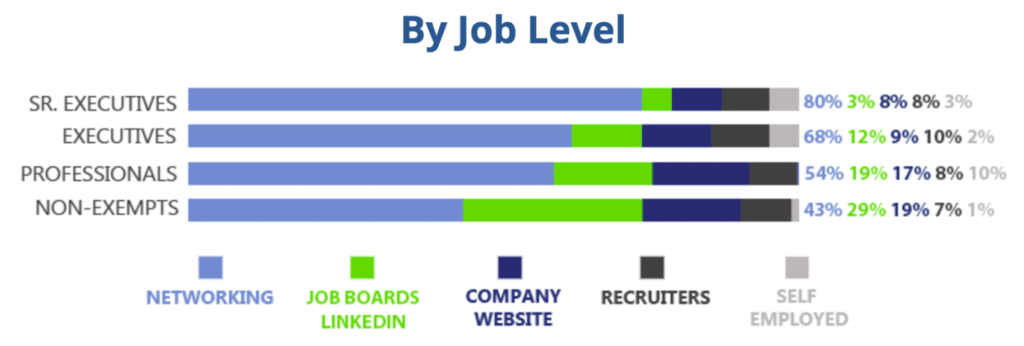
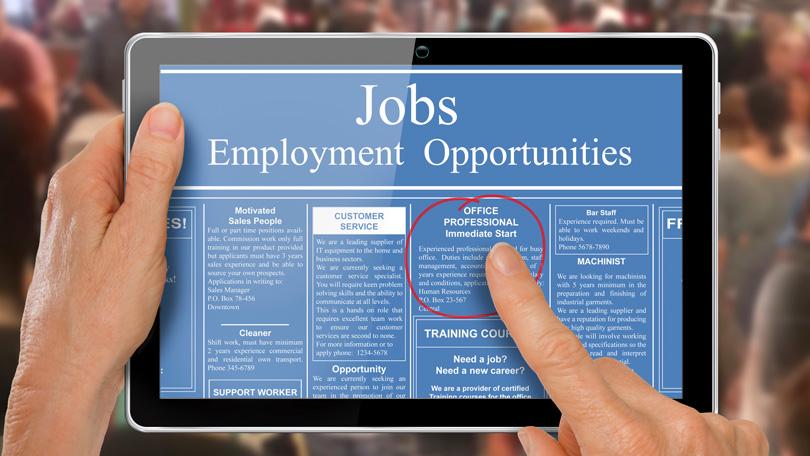
 Trying to find a good recruiter on a deadline during a crisis is not a good idea. Build a relationship with a recruiter ahead of time. A good recruiter will always be open to potential future job openings, and they will have the benefit of extra time to get to know the company before a job opening comes along. Choose a recruiter who knows the industry well and who has a strong pipeline of candidates that could fill the company’s tough positions.
Trying to find a good recruiter on a deadline during a crisis is not a good idea. Build a relationship with a recruiter ahead of time. A good recruiter will always be open to potential future job openings, and they will have the benefit of extra time to get to know the company before a job opening comes along. Choose a recruiter who knows the industry well and who has a strong pipeline of candidates that could fill the company’s tough positions.